IRD partnered on January 31 with the Pepperdine University School of Public Policy and the Oversight Board, an independent advisory organization for Meta on free expression to host “Elections, Conflicts and Crises: Anticipated Challenges to Online Free Expression and International Religious Freedom” at the Army Navy Club in downtown Washington, DC.
The discussion addressed the issues of free speech and online international religious freedom in the context of assaults on religious minorities.
Religious liberty expert Knox Thames, senior fellow at the Pepperdine School of Public Policy, and director of the Pepperdine Program on Global Faith and Inclusive Societies, joined by Pete Peterson, the Braun Family Dean at the School of Public Policy, as well as Paolo Carozza, human rights scholar and professor at Notre Dame Law School.
“The salon was another in our series of events we’ve organized in Washington, DC, that offer our unique perspective on American exceptionalism and the role of faith in shaping public policy and future leaders,” said Peterson.
Thames addressed the importance of engaging governments to consider their ability to promote international religious freedom in a manner that defends the right of everyone to pursue truth.
“Governments are raising walls to either protect their societies from certain political ideas or religious ones,” said Thames. He reminded the audience that “God calls us to advocate for all who are persecuted.”
The conversation also covered the impact of government censorship on American companies operating abroad. There is a moral dilemma for U.S. companies working in countries that actively suppress and censor religious minorities. American companies simply cannot disobey a foreign country’s laws but they do have the choice, argued Thames, to not operate there. If freedom of speech and religion were true priorities, the companies would not aid oppression through their silence. However, Carozza countered that the issue of government involvement is far more complicated. American companies, such as social media platforms, can be a positive voice by advocating for the freedom of religious minorities. By pulling the company out, you pull the voice out.
The appreciation and necessity for truth was a key theme during the discussion.
“The fundamental problem is the desire for the truth,” said Carozza. “We live in a context in which it is increasingly difficult, if not impossible, for people, especially young people, to judge what is true and to discern what is right.”
When virtuous judgment is not properly cultivated, citizens are left unequipped to discern truth amid the flood of information they face online. Carozza argued that we must first have a stable citizenship capable of parsing a truth from a lie before we can debate the impacts of social media influencing governmental actions, such as elections.
The full conversation of “Elections, Conflicts and Crises: Anticipated Challenges to Online Free Expression and International Religious Freedom” can be listened to on the School of Public Policy YouTube channel below.
No comments yet
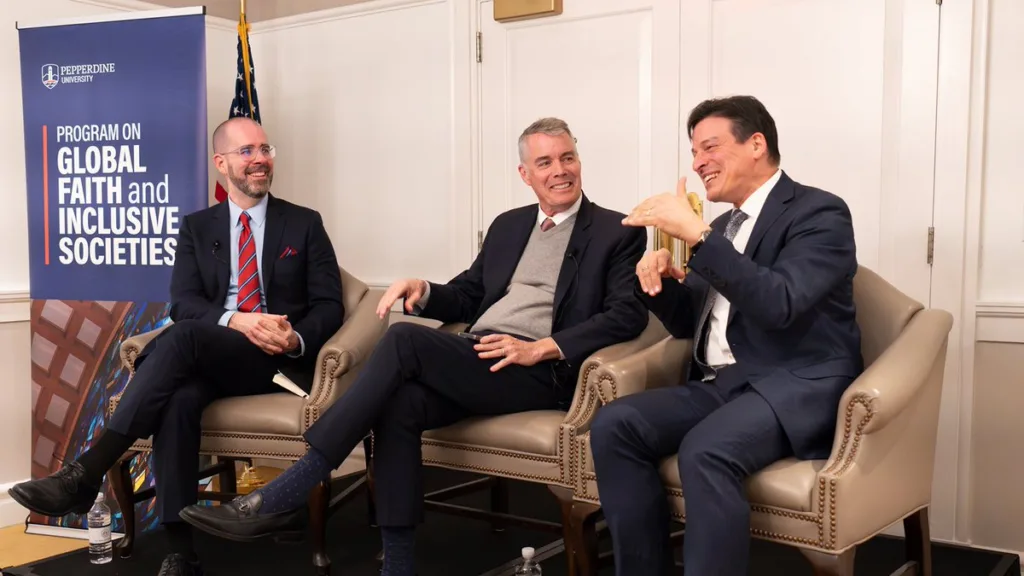
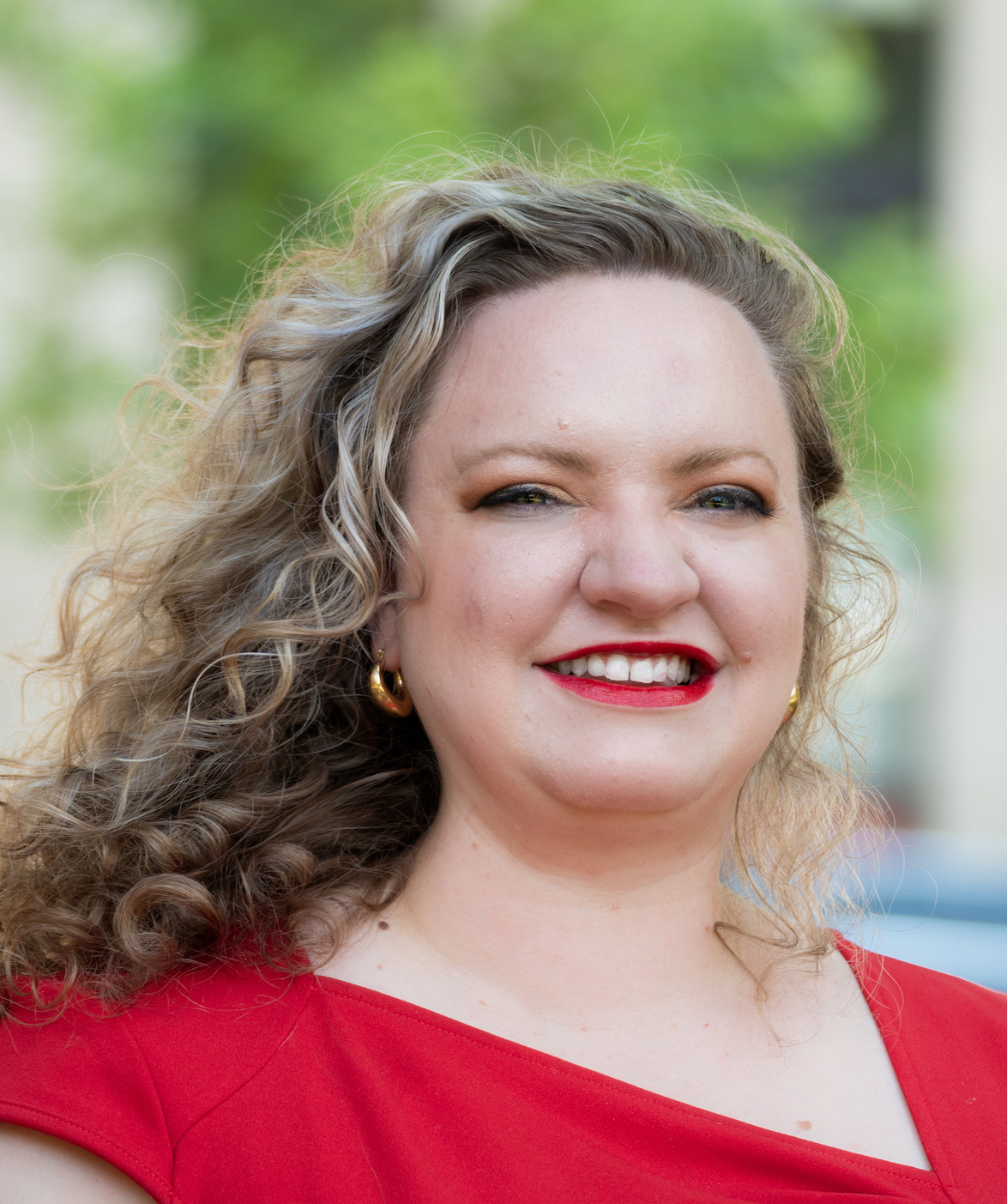
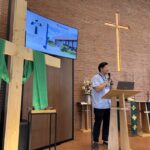
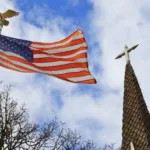
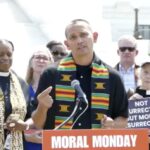
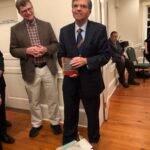
Leave a Reply